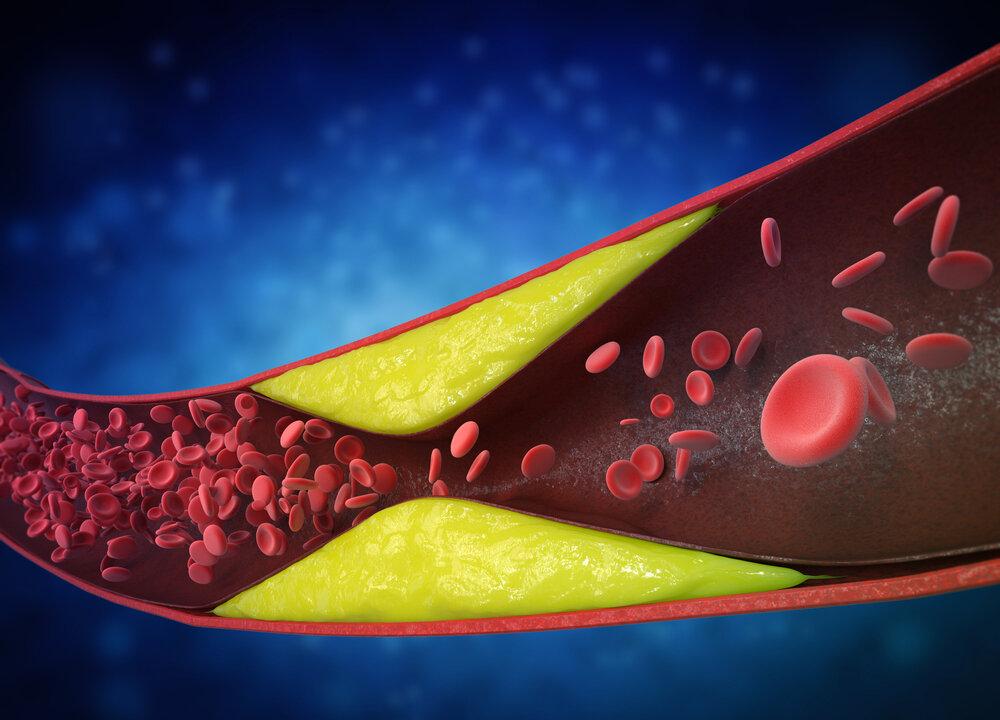Brain Detoxification Mechanism
The brain’s intricate array of defense mechanisms works to protect and maintain our neurological health.1. Cerebral Lymphatic System: The Brain’s Scavenger
The cerebral lymphatic system is a particularly important mechanism for brain detoxification, functioning as the brain’s scavenger. Its prime role is to flush out the metabolic wastes in the brain via communication between cerebrospinal fluid and cerebral blood vessels.This system activates when we are in a deep sleep state, effectively removing metabolic wastes such as beta-amyloid and tau proteins, both of which are significant contributors to Alzheimer’s disease, from the brain.
Therefore, if you do not get enough sleep, have poor sleep quality, or go to bed at abnormally late hours, your time spent in deep sleep may be severely reduced, thereby compromising your brain’s detoxification capability.

2. Microglial Cells: The Immune Guards
Microglial cells are the brain’s resident immune cells, comparable to autophagic cells in other parts of the body. (Autophagy is a natural self-cleaning process that occurs in all cells.) They serve as the immune guards, continuously patrolling the brain to monitor its environment. When they detect damaged neurons, abnormal proteins, and foreign pathogens, microglial cells spring into action to remove these threats.In cases of infection, trauma, or exposure to toxic substances, microglial cells perform phagocytosis to remove these pathogens, damaged neurons, and accumulated abnormal proteins, allowing the brain to return to normal.
In addition, when the brain is infected, microglial cells will also release inflammatory factors to destroy bacteria or viruses and then repair the damage.
3. Antioxidants: Defense Against Oxidative Stress
Antioxidants and antioxidant enzymes are an important line of defense for the brain in scavenging free radicals.The brain is a high-metabolism organ. Although it only accounts for 2 percent of body weight, it consumes more than 20 percent of energy and nutrients. Consequently, the brain uses a significant amount of oxygen, producing numerous free radicals. An accumulation of these free radicals can lead to excessive oxidative stress, damaging the lipid membrane, proteins, and DNA of nerve cells, potentially resulting in cell death.
The brain employs an inherent antioxidant system that uses various antioxidants to neutralize free radicals and prevent oxidative damage. Key components of this system include:
4. Blood-Brain Barrier: The Brain’s Guardian
The blood-brain barrier is a protective layer that prevents harmful substances from entering the brain and at the same time allows nutrients such as glucose and oxygen from the blood to be absorbed into the brain. Its presence also helps eliminate some toxins from the body.5 Ways to Effectively Protect the Brain From Toxins
Maintaining optimal brain health isn’t just about intelligence. It also involves understanding and supporting the body’s natural neurological defense and detoxification mechanisms through strategic lifestyle choices.1. Improve Sleep Quality
Sleep is critical to the proper functioning of the brain’s waste removal system. Research shows that the deeper the sleep, the better.2. Adopt an Antioxidant-Rich Diet
Eating a diet rich in antioxidants—found in vegetables, fruits, and nuts—can help fight free radicals and mitigate oxidative stress. Vitamins C and E in vegetables, omega-3 unsaturated fatty acids in nuts, and polyphenols in blueberries are particularly beneficial. Studies have shown that blueberry consumption positively affects inflammation, cognitive function, and mental health, potentially offering additional protection against Alzheimer’s disease.3. Engage in Aerobic Exercise
Aerobic exercise activates the brain’s lymphatic system, enhancing waste removal efficiency and cognitive function. Research confirms that both aerobic and resistance exercise significantly benefit overall cognitive function and executive function.4. Avoid Smoking and Excessive Alcohol Consumption
Smoking, alcohol consumption, and exposure to air pollution or harmful chemicals can damage the blood-brain barrier and neurons. Toxic substances found in tobacco and alcohol can raise free radical production and exacerbate oxidative stress in the brain, which can lead to serious consequences.5. Reduce Stress
Mental stress increases cortisol levels in the brain and interferes with the brain’s ability to clear wastes. In addition, studies have found that higher cortisol levels are associated with increased risk of cognitive decline and Alzheimer’s disease.You can reduce mental stress and enhance the brain’s self-repair and detoxification process by participating in relaxation training or practicing deep breathing.
The recommendations of maintaining a healthy diet, engaging in regular aerobic exercise, not smoking, not drinking too much alcohol, and managing stress may seem like common sense. But all these obvious health care measures have a very solid scientific basis.







